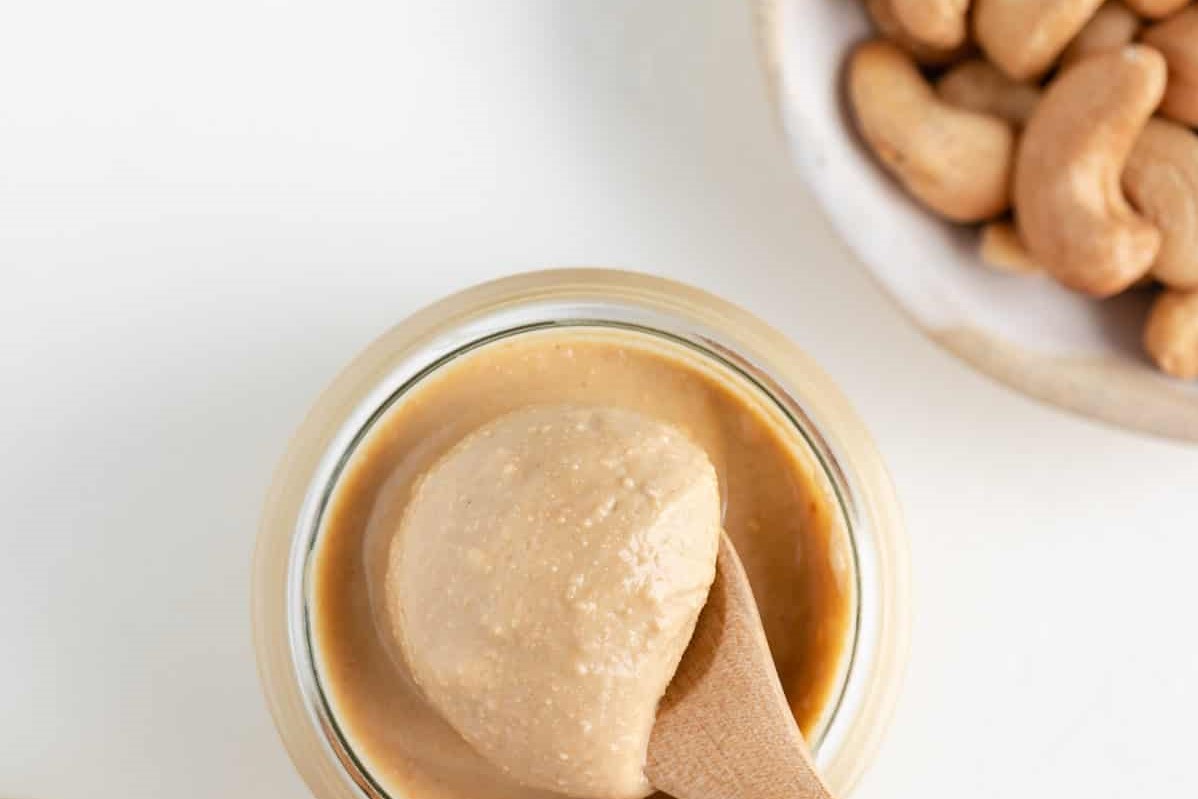We all take breathing for granted, yet the community and healthcare costs of respiratory illnesses in children, such as wheeze and asthma, are enormous.
In addition, food allergies in children continue to present a significant health concern, with 10% of babies expected to develop an adverse reaction to certain foods by the age of one.
ORIGINS has several sub-projects exploring allergy development within the cohort and the possible translation of these findings.
Areas covered by this research domain include:
- Allergies and atopy
- Infections and infectious diseases (including COVID-19)
- Immunisations and immune function
Active

RHINO researchers from The Kids' Wal-yan Respiratory Research Centre, will analyse ORIGINS data and turn it into meaningful respiratory and allergy outcome data that can be used by researchers around the world.

Investigating the possible contributors to childhood lung disease by studying the epithelial cells from the nose at birth.
Completed

Breastfeeding and Eating Nuts and Eggs for Infant Tolerance

Does eating cashew nut spreads in the first year of life reduce the chances a baby will develop a cashew nut food allergy?

Assessing the virus transmission, immunity development and wellbeing of families during COVID-19

Comparing how mast cells are “programmed” in allergic and non-allergic children at one year of age.

